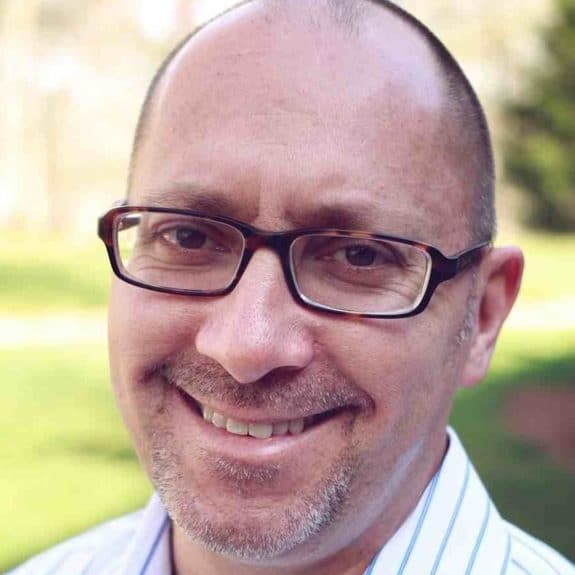|
Suppose $100 is given to your church. Chances are that someone age 55 or older gave $80 of it. Take the total offering on any given Sunday. Chances are that somewhere between 12 and 15 percent of the congregants gave about 80 percent of it. Those are the numbers?more or less?retired Texas pastor Bobby L. Eklund has lived with for 16 years in preaching about money. Although pastors in Eklund’s youth never taught about money this way, he said their teaching often came across as “when you tithe, you’ve done what God expects you to do with money. Now, you can go do what you want to with the rest of it, as long as you’re honest.” “Stewardship is much more than that,” Eklund said. “God owns it all, so we’re responsible for how we spend it all. And that includes giving, and that’s the first step in how we handle money. But it’s really just a small part of how we handle money.” Eklund, now an SBTC consultant who served in evangelism, church growth and stewardship for 18 years on the Baptist General Convention of Texas staff, has poured much of his financial stewardship teaching into a new book published by the Southern Baptists of Texas Convention?”Children of Privilege: Managing Money God’s Way.” “Children of Privilege” has an accompanying workbook and sermon book and is designed for use in Sunday School classes or any small group study, Eklund said. The supplemental book of sermons titled “Scripture Isn’t Silent; Why Are We?” will be mailed to SBTC pastors in September. The sermon book includes contributions from well-known Southern Baptists such as Jimmy Draper (former LifeWay president) and O.S. Hawkins (GuideStone president), as well as pastors who are well respected in Texas, Eklund said. Eklund began writing “Children of Privilege” at SBTC Executive Director Jim Richards’ request. “We both discussed the fact that if we didn’t turn stewardship education and the commitment to give around in our churches, we were going to be in serious trouble in a few years. And I’ve been saying that since 1990,” Eklund said. “For almost 40 years there’s been very little teaching in Baptist churches or evangelical churches on the issue of money and giving, and we’re paying the price for it today” as local church receipts falter, Eklund said. The phenomenon of older laypeople bearing the financial weight of local churches is nothing new, Eklund said, but the financial burden is being carried by fewer and fewer people. “We have found that when we can get the teaching into the churches, the Baby Boomers, Generation X and all of them, they will respond in a very positive way. But they have to understand what God’s asking them to do and why,” Eklund said. “If you try to teach a Baby Boomer and those younger than Baby Boomers to tithe to pay for the institution, you can forget it, because they’re not going to do that. But Baby Boomers did not rebel against the Bible; they rebelled against the church. And when they understand what God’s Word is teaching and why, and that they are really the recipient of what God is trying to do, they will respond, and we have seen it over and over again the last 16 years.” Eklund said the greatest obstacle to sound Christian stewardship is biblical ignorance. “The subject that is dealt with in both (“Children of Privilege” and the workbook) is the second-most prolific subject in the Bible. Most people don’t have any idea of that. And yet, it’s the least-taught subject probably in the average church. I’m 73. I grew up just believing that a committed Christian tithed, because I was taught that. There wasn’t any question about it. If you didn’t tithe, you weren’t committed. |







